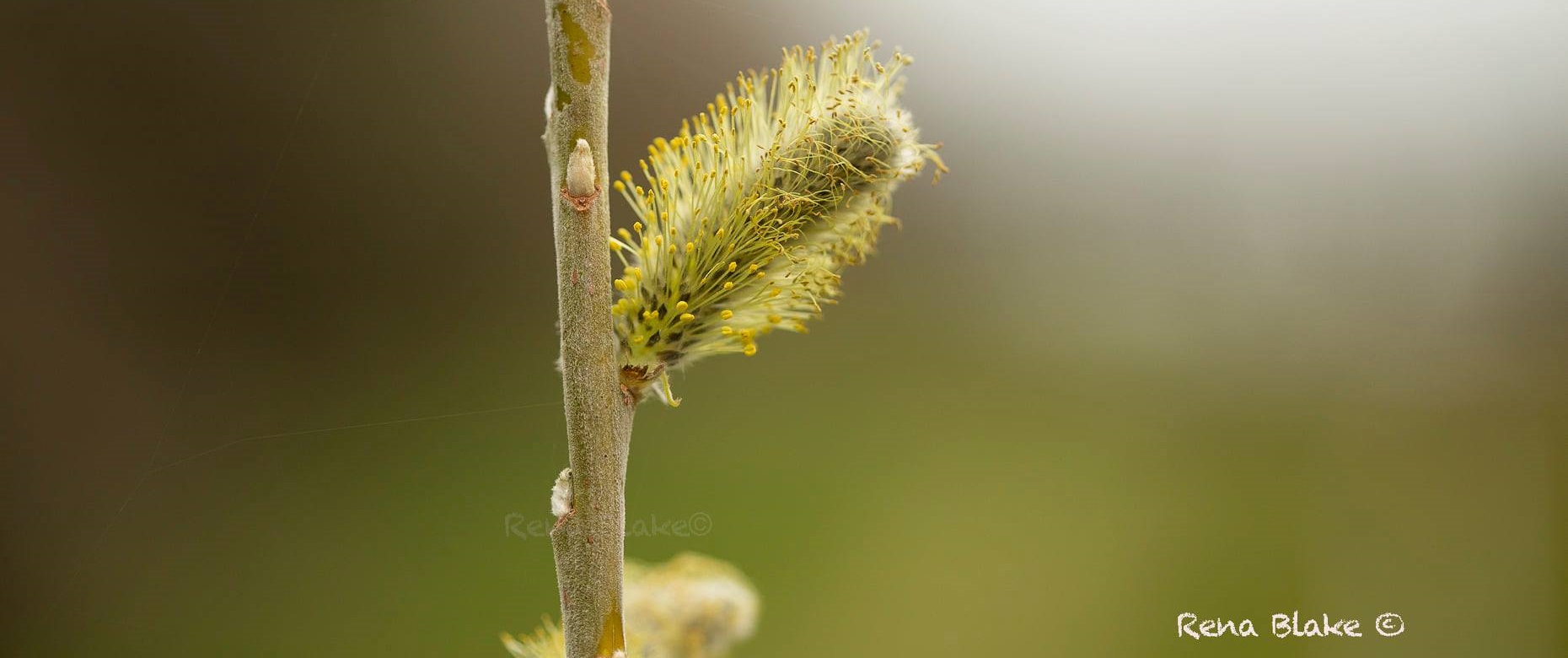
Kerry Eco-Social Farming Biodiversity Project EIP-AGRI
Kerry Social Farming has shown innovation and delivered on results for the Department of Agriculture, Food and the Marine (DAFM) since it started in 2013. In 2021 the project team at Kerry Social Farming applied for and secured funding from DAFM for Kerry Eco-Social Farming Biodiversity Project (KESF), a European Innovation Partnership (EIP-AGRI) connected through social farming and aimed at solving issues such as biodiversity and habitat loss, and invasive species along with exclusion, and social isolation.
The KESF project aimed to address these issues through collaborative works with host farmers and social farming participants, from disability services, support workers, and disability and mental health service providers, in order to enhance biodiversity in communities around Kerry. The project, which ran throughout 2022 and the first quarter of 2023, was integrated into a voluntary model of social farming, Kerry Social Farming (KSF), a community-based project which links up 'at risk' groups to local farmers. The KESF EIP was a single year Call5 EIP which focused on enhancing the social farming experience for host farmers and participants through the provision of funding, training and guidance on biodiversity and nature-based action.
KESF EIP was built on inclusivity, integration and accessibility, with the project's main finding being that more science and nature-based schemes must be developed for disadvantaged and 'at risk' groups across the country, particularly in rural areas. During this project, a number of actions were undertaken by host farmers and social farming participants across twenty-six farms covering the length and breadth of Kerry. The actions prescribed to host farms were relatively simplistic in nature, along with having a positive impact on local biodiversity, for tangible scope in terms of public relations and also to adequately engage and 'marry-into' the weekly social farming activities. The action types which we'll be discussing in these case studies include; bird box development, cleaning and installation, solitary bee nesting habitat development and wildflower area development.
Here are some Case Studies of the work of KESF
Case Study One: Inclusive management of nature in the Irish farming landscape.
Case study Two: Actions on Invasive species through community based meitheals.
Case Study Three: Tree veteranisation within linear features of farming enterprises.
Final KESF Project Report
FAQs
How can nature help my farm?
Native species and habitats, such as solitary bees, native wild honey bees, and bumblebees, native hedgerows, birds of prey, ponds, and meadows can help farms enormously! Ecologists have given it a name; Ecosystem Services. It's basically the services we as humans get out of nature. These services could be the native bees helping pollinate a vegetable crop, hedgerows providing cover and shelter for livestock, birds like the sparrowhawk and barn owl hunting rats, and meadows and bogs storing carbon. These services help each farm on a day-to-day basis and they must be protected!
How can I help nature on my farm?
You can help nature in many ways. On farms you can start looking at what nature/ biodiversity which your farm already has. Are there bats in the old farm buildings? Have you seen any barn owls? Do you have invasive plants like Rhododendron? Do swans visit your fields every winter? - By asking these questions and more you'll be able to identify what you have on your farm!
How can I help nature in my garden?
The lawns in our garden are barren areas, largely void of life. We can help nature by mowing less and switching to a 6-week mowing regime or even only mowing once or twice a year in September. Our native wildflowers already exist in our lawns, in the form of seed which is present within the soil seedbank. By mowing less, we can encourage these flowers to grow. By clearing away your clippings after every mow, you can reduce the nutrient content of the soil, making it more favourable for wildflowers.
How can I make my social farming days more integrated with nature?
Taking a step back and noticing nature is a big thing. This can be completed with the family and social farming participants during your social farming days. By walking around the farm and looking out for paw prints, birds, plants and mushrooms, you'll be able to see what your farm has to offer. When you know what you have on your farm, you can take small actions with everyone involved to try and help wildlife.
Get in contact
This EIP is now concluded but you can continue to contact Luke Myers (Project Biodiversity Officer of Kerry Eco-Social Farming) for more information!
Tel; 087 3683109
Email; lmyers@skdp.net
Address; South Kerry Development Partnership Office, Library Place, Killorglin, Co. Kerry
This project is funded by the Department of Agriculture Food and the Marine (DAFM).
Project Partners

